Since the time basketball was first adopted by women, it has created opportunities for women of color. In turn, Black and African American women have helped to push the game to new heights as players, coaches and administrators.
This Black History Month, we will highlight a few of the trailblazing women who helped to shape today’s game like Ora Washington, Bessie Stockard, Marian E. Washington and more.
Before sitting down to write, we spoke with historian and author Pamela Grundy, who wrote “Shattering the Glass: The Remarkable History of Women’s Basketball.” She has generously assisted us with “If Not For Them,” the docuseries on the origin story of women’s basketball that is currently in production, as a consultant ensuring that we continue our mission to tell an inclusive history of the sport.
“When you know the stories of these individuals, you know that they are remarkably accomplished people and remarkably accomplished women,” Grundy said. “The history really is about these stories and about how people have reached the accomplishments they have reached and the qualities they have developed to be able to reach the pinnacle of achievement.”
—
Ora Washington was a gifted multi-sport athlete who played basketball for the Philadelphia Tribune Girls. Originally named the Philadelphia Quick Steppers, the Tribune Girls won 11 consecutive Women’s Colored Basketball World’s Championships in the 1930s and 1940s. On the tennis court, went undefeated across 12 years in the all-black American Tennis Association and won eight ATA national titles in women’s singles between 1929 and 1937.
In 1935, Cleveland City Council member Lawrence O Payne saw the incredible potential of women’s sports in his own campaign electing to sponsor an all-Black basketball team while running for re-election. The women wore jerseys adorned with the slogan “PAYNE FOR COUNCIL.”
Bessie Stockard, who recently celebrated her 91st birthday, is best known as the first African American woman to serve on a U.S. National Team coaching staff when she helped prepare the women’s basketball team for the 1976 Olympics. She played at Tuskeegee University in the 1950s and started the Federal City Pantherettes women’s basketball team in 1969. The Pantherettes were considered one of the top teams in the Association for Intercollegiate Athletics for Women (AIAW) and reached the National Championships in 1975 where they lost in overtime to eventual champion Delta State. At Federal City, Stockard also coached women’s volleyball and cheerleading, and ran the tennis and softball clubs. She was another multi-sport talent, competing professionally in the American Tennis Association and Virginia Slims Circuit alongside legends like Billie Jean King.
Lurline Jones is another Philadelphia trailblazer who turned to activism early. She played basketball at William Penn High School for Girls, then attended Baltimore’s Morgan College (now Morgan State) where she spent nearly a week in jail after protesting segregation at a local movie theater with hundreds of other students. She also attended the March on Washington in 1963! Jones started her coaching career at West Philadelphia’s University City High School. In 1979, she filed a Title IX complaint against the school district and Archdiocese of Philadelphia. She notably coached future Cheyney State star Yolanda Laney on her first public league championship team in 1978.
Marian E. Washington started her playing career at West Chester State College where she was a member of Carol Eckman’s team that won the first college women’s basketball championship in 1969. Her performance earned an invitation to the National Team where she became one of the first two African-American women to represent the USA. In 1973, she was hired as the Head Women’s basketball coach and the Women’s Athletic Director at the University of Kansas. She broke another barrier there becoming the first Black woman hired as Head Coach at a predominantly white institution. She took the Jayhawks to the AIAW tournament four times and made 11 NCAA Tournament appearances. In 1996, she served as an Assistant Coach for the U.S. Olympic Team that won gold in Atlanta.
Another West Chester star, Patricia Ferguson, joined the Rams after serving in the US Army. She too played for that 1969 squad before working in law enforcement and later, for Fed-Ex. She has stayed active, competing for the Michigan Spirits and winning the Huntsman World Senior Games in 2017 at the age of 76. The Spirits play 3-on-3 with a diverse roster of athletes in their 50s, 60s, 70s and 80s.
Beginning her Hall of Fame coaching career at Cheyney State, C. Vivian Stringer is one of the most celebrated women in women’s basketball history – and for good reason. She took the Wolves to the NCAA’s first-ever National Championship game. To this day, her squad is still the only HBCU to reach the final. After 12 years at the helm, Stringer moved to the University of Iowa and then Rutgers. She holds an NCAA record with 37 20-plus-win seasons and guided teams to 28 of the first 40 NCAA Tournaments. She was also the first coach in men’s or women’s basketball to take three different schools to the Final Four (Cheyney 1982, Iowa 1993 and Rutgers 2000 & 2007).
We are also incredibly lucky to have Valerie Still assisting us as a consultant on this project. She earned a master’s degree in African and African American studies from Kentucky and a Ph.D. in sports humanities at The Ohio State University. At Kentucky, she set the men’s and women’s records for scoring and rebounding, then she played professionally in Italy and then in the American Basketball League.
She wanted to share the following message:
“One of my favorite quotes is an African proverb that states, ‘If the lion doesn’t tell the story, the hunter takes all the glory.’ Although I do not ascribe to socially constructed concepts such as race, gender, religion, sexuality or class, it’s important that each story includes the voice of all actors, offering a comprehensive, authentic story. Unfortunately, traditionally, history was just that…’his’ ‘story,’ lived experiences written and documented by white males who tended to marginalize and disenfranchise and treat as inferior or peripheral the perspective or story of groups of people who were not considered the dominant group.
As the United States celebrates African American History Month (which for me is ridiculous because ‘African American History’ is really just ‘American History’) there is an opportunity for the lion’s story to be told in traditional narratives. Similarly, If Not For Them, has captured this essence by rightfully placing women of color back in the main narrative of women’s basketball and honoring these brave, courageous, powerful warriors by allowing their voice to be heard. ‘I am woman, hear me roar’…the lioness is back telling the story! Thank you..If Not For Them…”
Stay tuned to this page for more updates about If Not For Them and follow our new social media accounts too. You can find us on Twitter and Instagram at @IfNotForThem. Promo videos are available on our YouTube channel
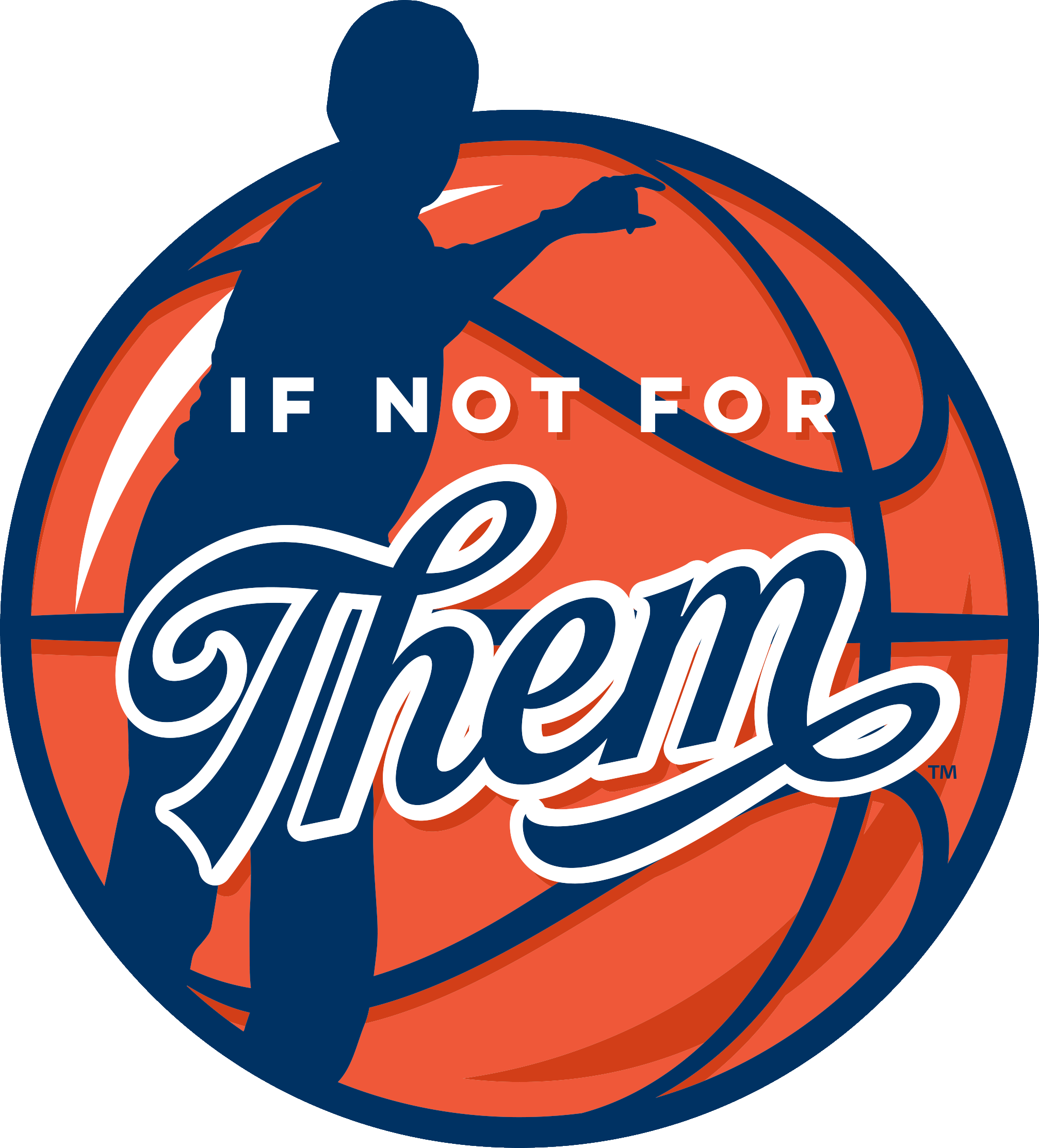
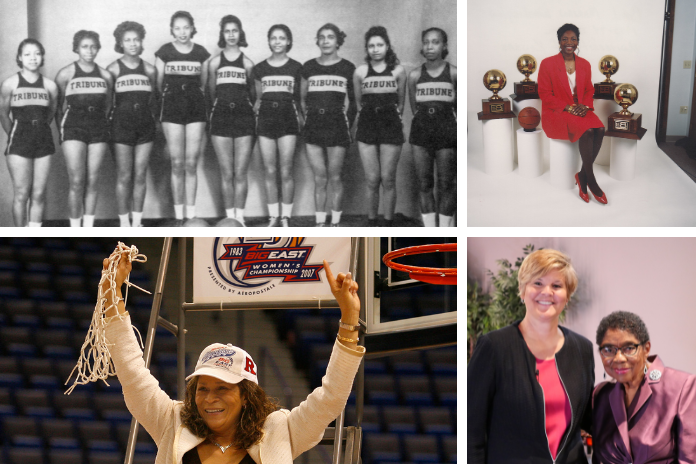
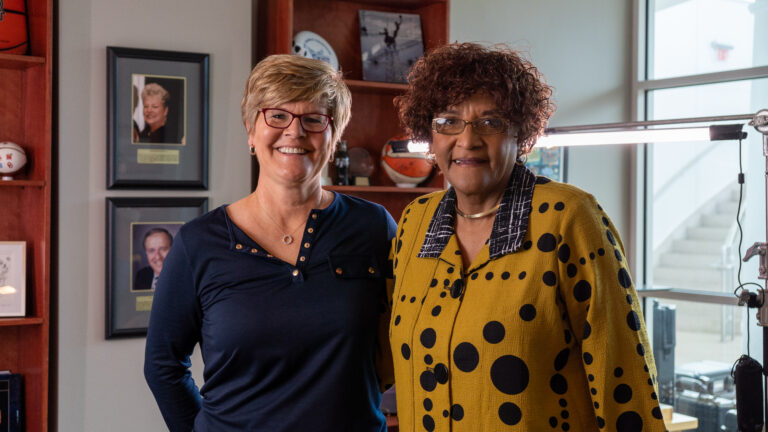
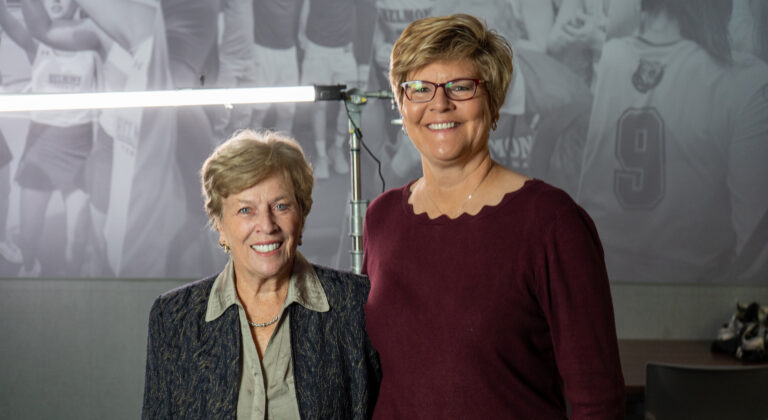
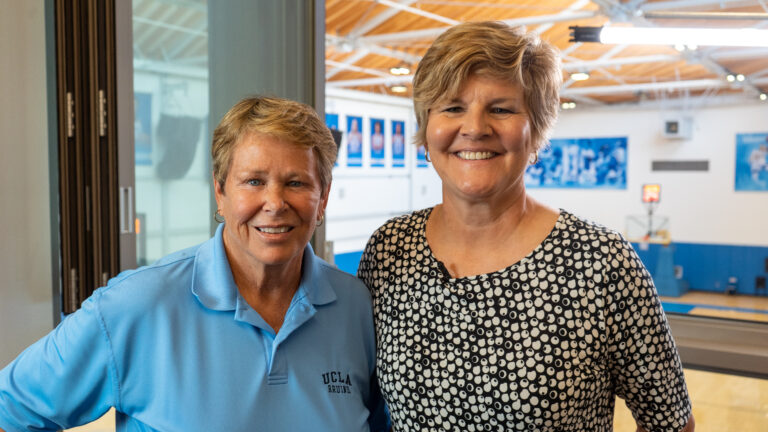
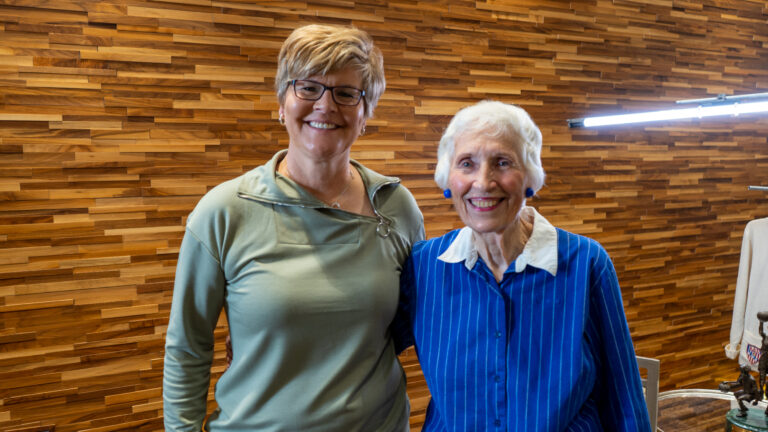
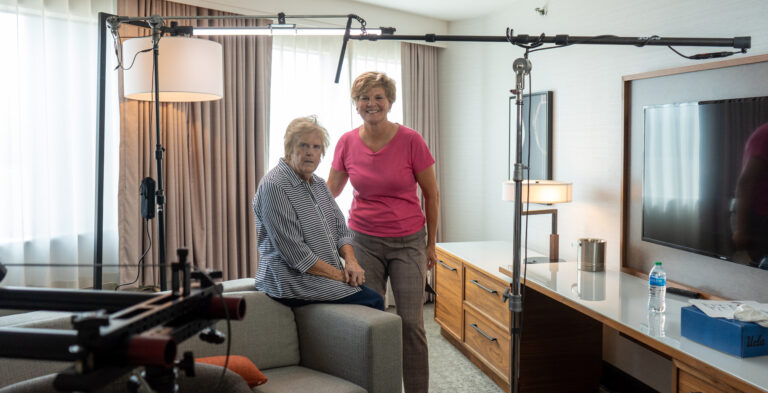
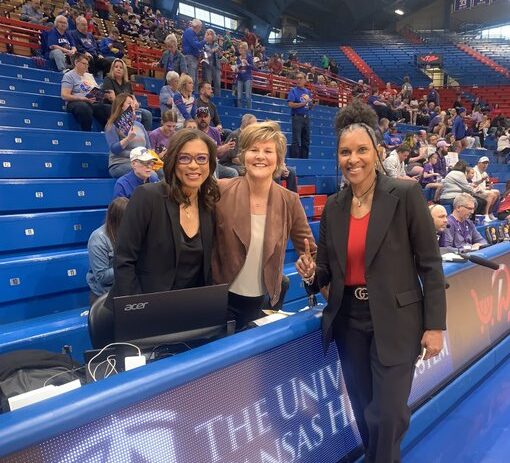
That was truly awesome and amazing. I learned a lot.